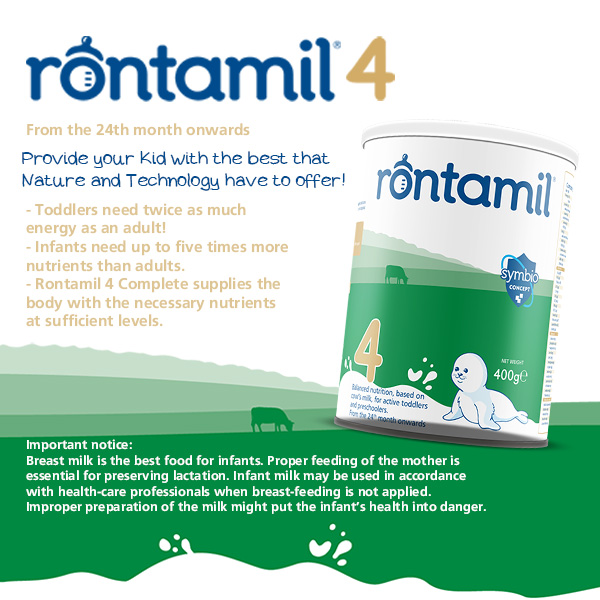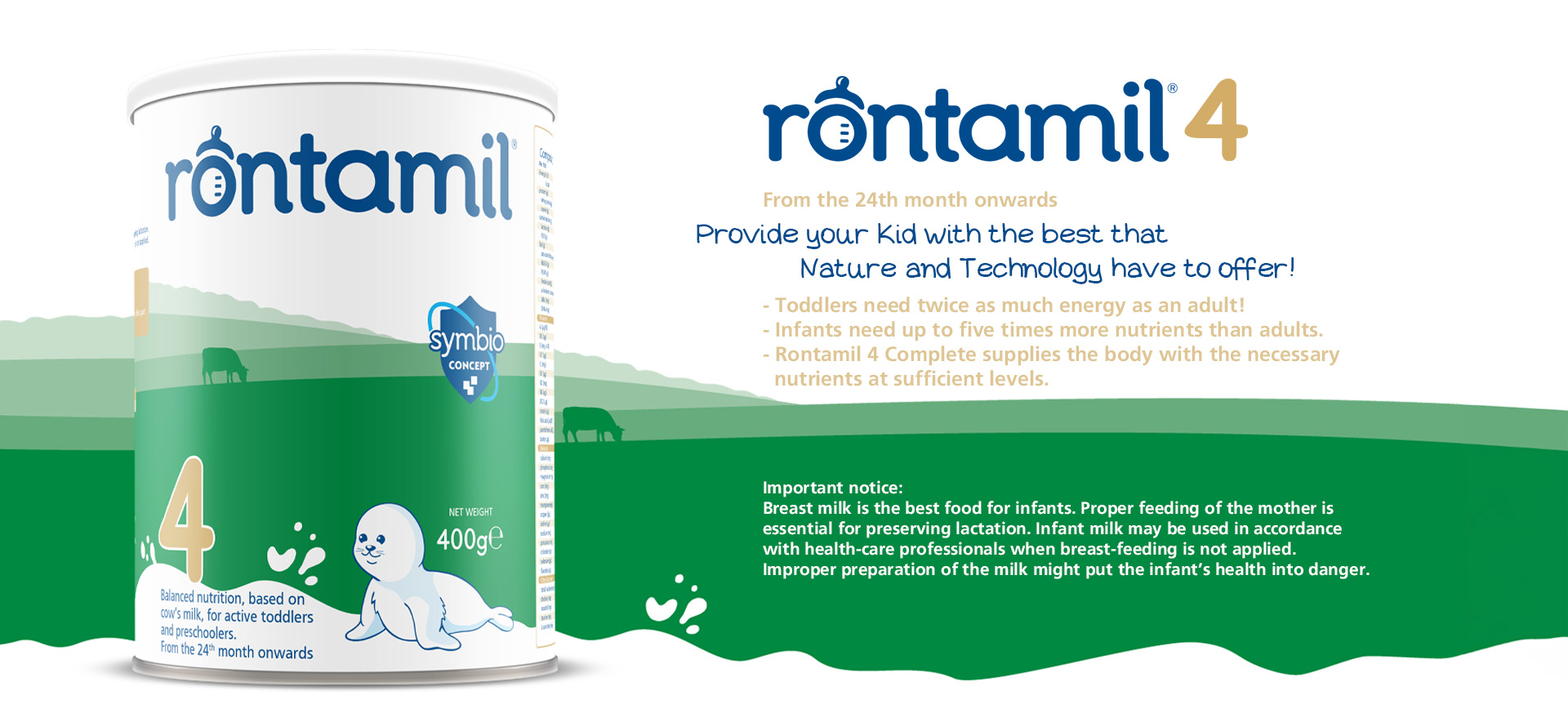Select your baby’s birth date or your due date.
Calendar
Nutritional requirements for pregnant women
A pregnant woman’s body goes through lots of physical and hormonal changes during pregnancy. To fuel herself and her growing baby, she will need to make great food choices from a variety of sources.
Eating a healthy, balanced diet will help her feel good and provide everything she and her baby needs. The food she eats is her baby’s main source of nourishment, so it is critical to get all the nutrients she needs.
The good thing? All these nutrition guidelines are not that hard to follow and provide some delicious options. Even with cravings (hot sauce on peanut butter, anyone?) you can craft up a healthy menu in no time.
Increased nutrients
No surprise here: Her body has increased nutritional needs during pregnancy — she is feeding a whole new person! Although the adage of “eating for two” is not entirely correct, she does require more micronutrients and macronutrients to support her and her baby.
Micronutrients are dietary components, such as vitamins and minerals, that are only required in relatively small amounts.
Macronutrients are nutrients that provide calories, or energy. We are talking carbohydrates, proteins, and fats. She will need to eat more of each type of nutrient during pregnancy.
Here are some general guidelines on a few important nutrients that will need to be adjusted based on her needs:
| Nutrient | Daily requirements for pregnant women |
|---|---|
| calcium | 1200 milligrams (mg) |
| folate | 600–800 micrograms (mcg) |
| iron | 27 mg |
| protein | 70–100 grams (g) per day, increasing each trimester |
Most pregnant women can meet these increased nutritional needs by choosing a diet that includes a variety of healthy foods such as:
- ● protein
- ● complex carbohydrates
- ● healthy types of fat like omega-3s
- ● vitamins and minerals
Protein
Protein is critical for ensuring the proper growth of baby’s tissues and organs, including the brain. It also helps with breast and uterine tissue growth during pregnancy. It even plays a role in the increasing blood supply, allowing more blood to be sent to the baby.
Protein needs increase during each trimester of pregnancy. Research suggests that protein intake during pregnancy should be even higher than some current recommendations.
Eat about 70 to 100 g of protein a day, depending on the weight and trimester. Talk to your doctor to see how much you specifically need.
Good sources of protein include lean beef and pork, chicken, salmon, nuts, peanut butter, cottage cheese, beans.
Calcium
Calcium helps build baby’s bones and regulates body’s use of fluids.
Pregnant women need 1,000 mg of calcium, ideally in two doses of 500 mg, per day.
Good sources of calcium include milk, yogurt, cheese, low-mercury fish, and seafood, such as salmon, shrimp, catfish, and canned light tuna, calcium-set tofu, dark green, leafy vegetables.
Folate
Folate, also known as folic acid, plays an important part in reducing the risk of neural tube defects. These are major birth defects that affect the baby’s brain and spinal cord, such as spina bifida and anencephaly.
The American College of Obstetrics and Gynecology (ACOG) recommends 600 to 800 mcg of folate. You can get folate from these foods: liver, nuts, dried beans and lentils, eggs, nuts and peanut butter, dark green, leafy vegetables.
Iron
Iron works with sodium, potassium, and water to increase blood flow. This helps ensure that enough oxygen is supplied to both mother and baby.
Pregnant women should be getting 27 mg of iron per day, preferably alongside some vitamin C to increase absorption. Good sources of this nutrient include dark green, leafy vegetables, citrus fruits, enriched breads or cereals, lean beef and poultry, eggs.



